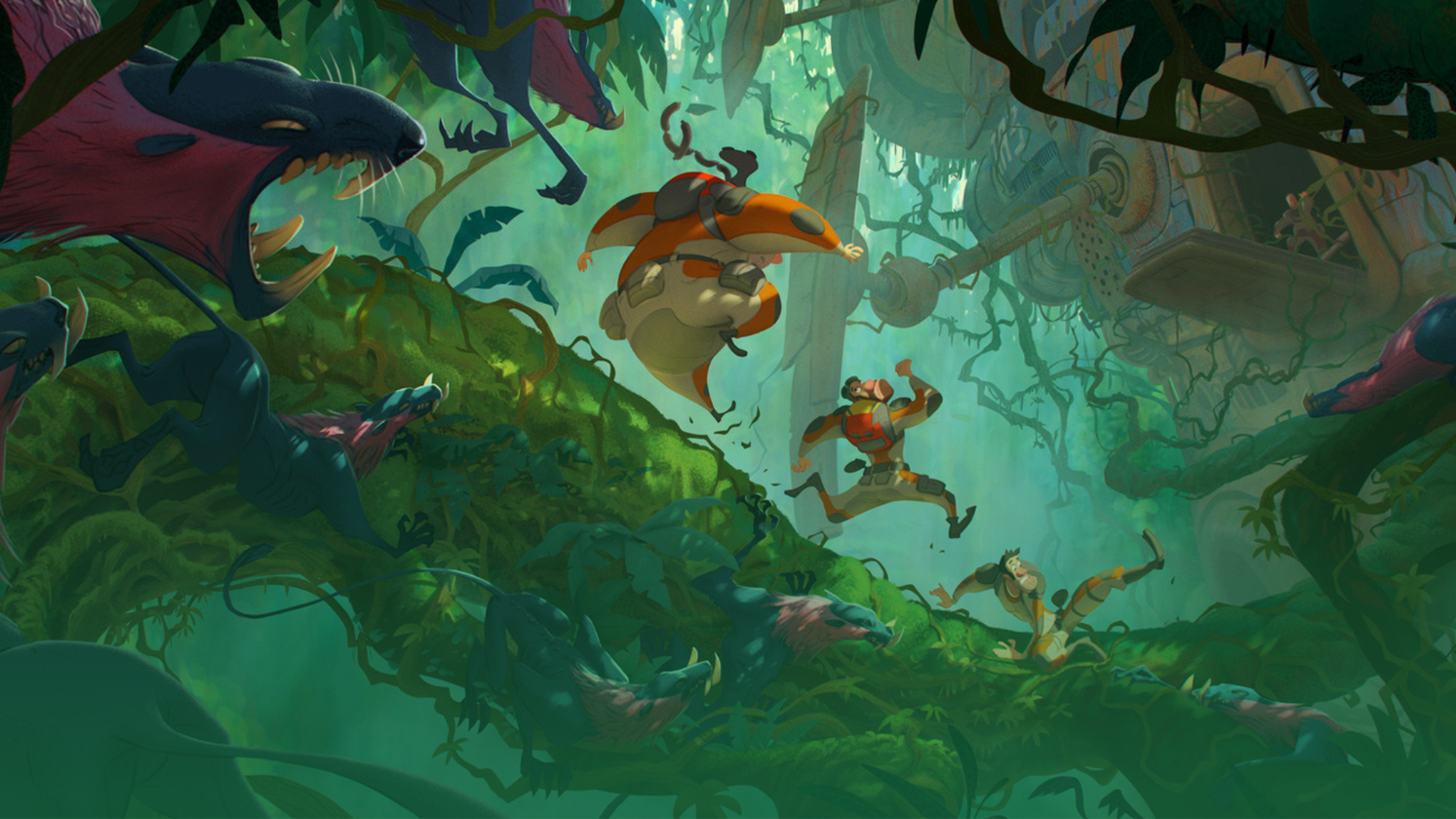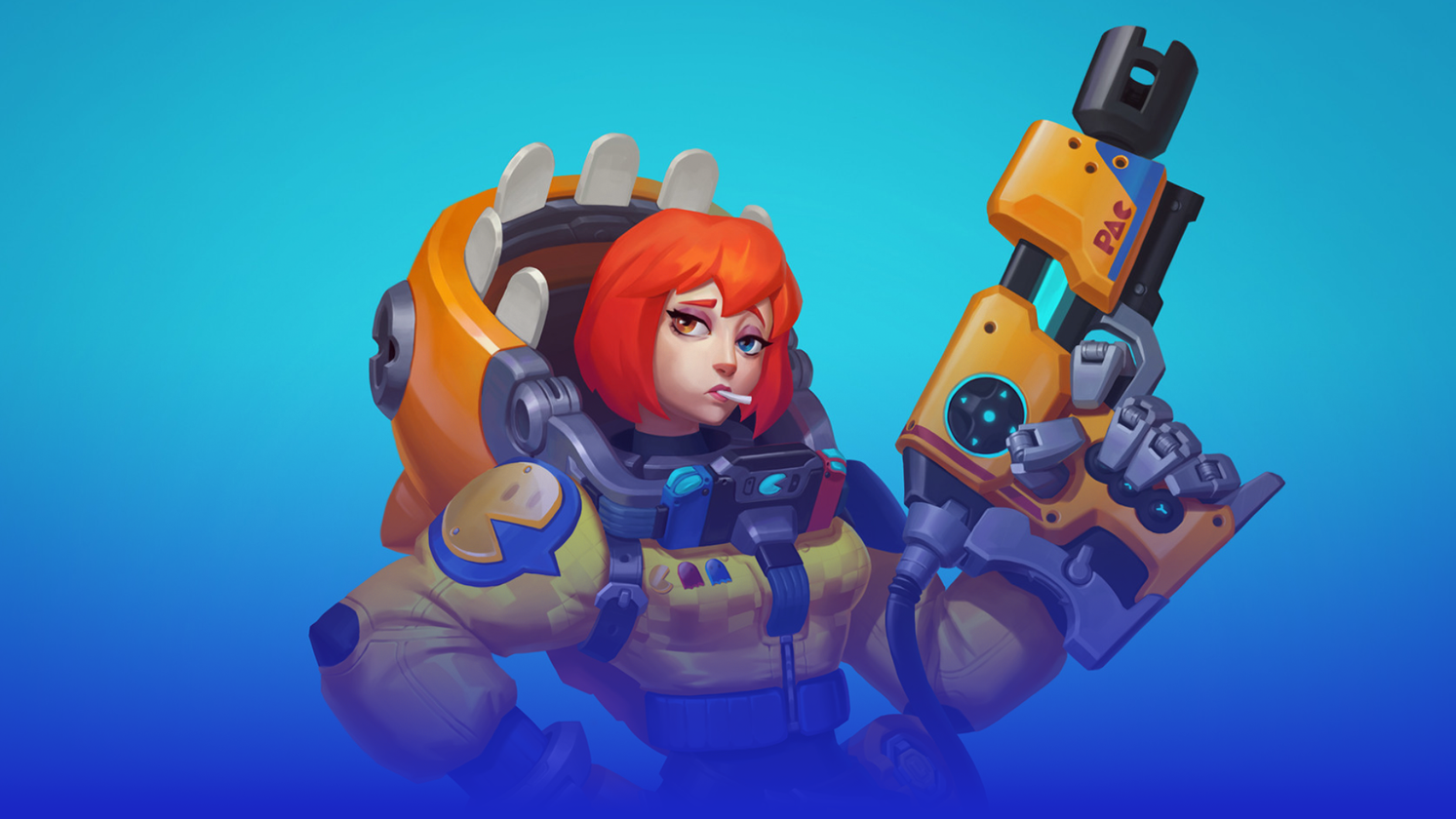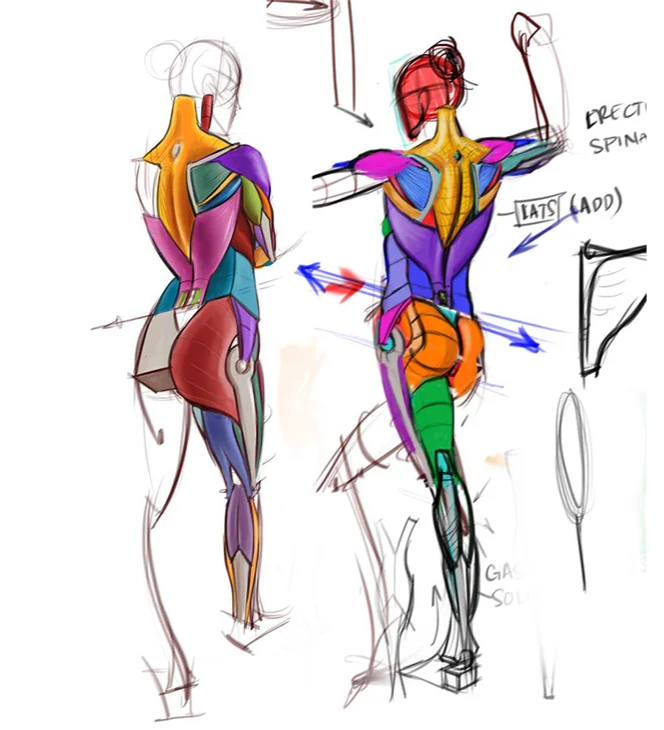4 Ways Young Artists can Prepare for Success
How does a teenager from Oklahoma learn enough skills to become a 3D weapons artist with opportunities to contribute toward titles such as Call of Duty: Modern Warfare by 20 years old? Freelance Hard Surface Artist Cohen Brawley is the perfect example of how the best artists can come from the most unlikely places and backgrounds. But it has nothing to do with luck. With a combination of preparation and opportunity, Cohen created his professional path using four steps:
- Seek More from Your Skills
- Make Time for Your Interests
- Transform Your Network to Net Worth
- Forge Your Own Path

1. Seek More From Your Skills
Like a lot of kids, Cohen grew up playing videogames. "Unless we're talking grade school, I did soccer," Cohen offered, "But that was it. It was mainly full-on video games." However, this was no passive activity for Cohen. After a few years of creating his own levels and content on user-generated games like Little Big Planet, Cohen saw the potential for more.
While fixing a computer issue at Staples, Cohen asked for recommendations for game-building software and discovered Unreal Engine. He was 15 years old but attacked this new interest with a mixture of curiosity and drive. He started by making assets out of cubes and spheres in Unreal Engine, but wasn't satisfied with his results. After some research and another conversation with the same Staples employee that recommended UE, Cohen found 3ds Max. "My imagination was my limit from there," Cohen said. "It was just so much fun."

Self-improvement is a value that can benefit you in a number of ways, from increasing self-awareness, enhancing strengths, providing long-term motivation, and instilling a learning attitude (Lifehack.com, 2021). From Staples questions to YouTube tutorials, Cohen's constant search for more knowledge led him to the software and skills he needed to enter the gaming industry as a legitimate artist.
2. Make Time for Your Interests
When Steve Jobs said, "The only way to do great work is to love what you do," he wasn't just preaching. Studies show that those who are passionate about their job are not only happier but more productive at work (biospace.com, 2018).
40 hours for school or work plus eight nightly hours of sleep still leaves 72 free hours (NYTimes.com, 2018). What will you do with 72 hours?
Part of the reason for Cohen's success is that he had plenty of time for his passions. He was homeschooled. "My friends that went through high school learned a lot of stuff that at the end of the day wasn't relevant to their career," Cohen explained. "Being homeschooled, you can find the person's interest and pursue that through the schooling. It was really cool, being able to do that." Cohen went on to say that this education style was the reason he had time to develop his hard surface skills.

Of course, homeschooling isn't a requirement for success. But it does highlight the value of having time to dedicate to passions. Even with traditional schooling or a day job, productivity expert Laura Vanderkam points out that one week (168 hours) has plenty of time for your passions. 40 hours for school or work plus eight nightly hours of sleep still leaves 72 free hours (NYTimes.com, 2018). What will you do with 72 hours?
Read "4 Proven Tips to Find Meaningful Time to Create" to gear your free time toward your art!
3. Transform Your Network to Net Worth
Cohen used YouTube tutorials to improve his skills, but there was only so much he could do alone. Building a network is essential to creative growth and success. It provides a source of support, an exchange of ideas, and an opportunity for feedback (Forbes, 2019). However, as it turns out, Oklahoma isn't quite a thriving network for game designers. None of Cohen's peers were that interested in game design. He created a meet-up group via Unreal Engine to network with people in his area, but with such a low population of game designers in Oklahoma, it became more work than help.
So Cohen decided to find his main network outside of his home state. He traveled to the E3 Expo and other gaming conventions. He made a point of chatting with people and building relationships. "You realize these are just passionate people like me."

An important part of any network is mentorship. Times magazine says that finding a mentor is necessary to become an expert at anything, the reason being a mentor cares about you outside of a particular skill or project.
When Cohen started taking Ethan Hiley's Weapons and Props for Games course, Ethan taught him more than just techniques or hacks. Ethan's advice about industry life and workflow helped Cohen step into his first job with no issues. "Taking Ethan's class, pretty much, I learned everything that was needed," he said. "I was definitely very fortunate to already know the ins and outs of everything."

Read "The Importance of Feedback" to learn how industry experts view mentorship.
4. Forge Your Own Path
There is no cookie-cutter path to success. You have to make your own path that relates to your personal goals and passions. After feeling stuck with YouTube videos, Cohen recognized the need for a more formal education and started researching the next typical step for a 17-year-old. College. But after consideration, Cohen decided not to take this path. "I visited various colleges and stuff like that. I don't know, I just couldn't really feel myself being there and getting the right materials I needed."
Cohen's mom, a photographer, attended Art Center and understood the many benefits of earning a four-year degree in a creative field. But she also recognized that for Cohen's personal goals, his portfolio was more important than a degree.

In this line of work, success isn't necessarily driven from a degree, rather a portfolio. While exploring alternatives, Cohen found CGMA, which gave him the specific skills and industry insights he needed to move his portfolio to the next level.
Read "3 Reasons You Should Rethink a College Degree as an Artist" to learn why a 4-year university education is no longer necessary for an art career.
Just because you're following a passion doesn't mean everything will work out easily. You need a plan. That plan can include:
- attending an art school
- taking online courses
- entering the work force
- traveling
- and more!
You could even follow Van Gogh's example and cut your ear off (don't do that). Whatever your path may be, these four steps will ensure that you are prepared for success.
RELATED ARTICLES
Read "4 Proven Tips to Find Meaningful Time to Create" to gear your free time toward your art!
Read "The Importance of Feedback" to learn how industry experts view mentorship.
Read "3 Reasons You Should Rethink a College Degree as an Artist" to learn why a 4-year university education is no longer necessary for an art career.
LEARN MORE
CGMA provides comprehensive instruction for Art, Games, and VFX industries in a variety of courses for a range of students, from 2D and 3D artists looking to supplement their college studies to industry professionals looking to stay up to date on emerging trends and techniques in the field.
Sources
https://www.lifehack.org/819195/importance-of-self-improvement

















